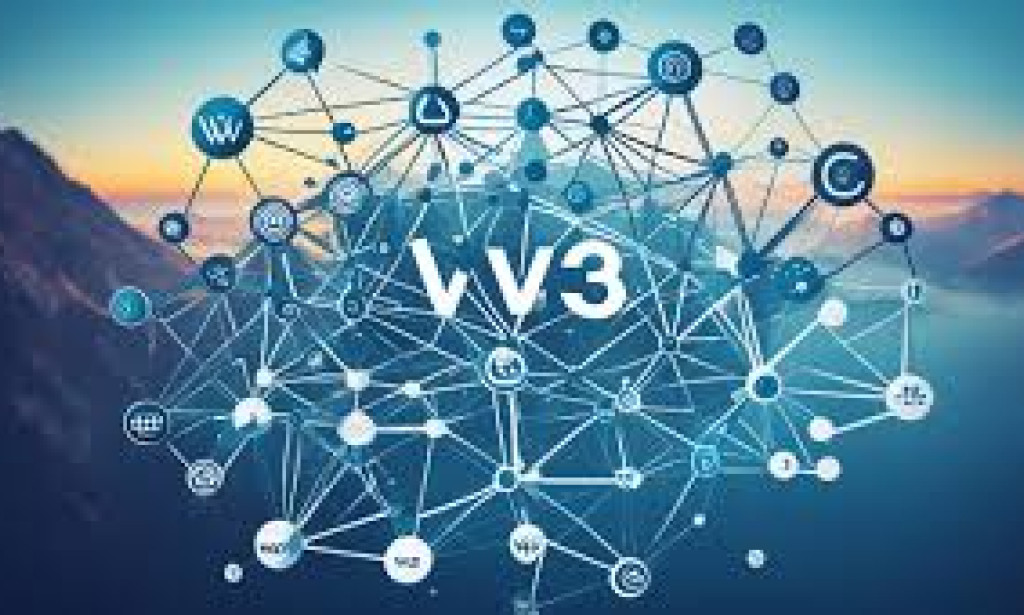Web3, often referred to as the "decentralized web," is emerging as a transformative force, promising to reshape the digital world. Unlike Web2, which is dominated by centralized platforms, Web3 aims to distribute power and control to individuals.
Key Concepts of Web3:
- Blockchain Technology: The foundation of Web3, blockchain is a distributed ledger that records transactions across multiple computers. This technology ensures transparency, security, and immutability.
- Decentralized Applications (dApps): Applications that run on decentralized networks, eliminating the need for intermediaries and providing users with greater control over their data.
- Cryptocurrencies: Digital currencies that use cryptography for security. They enable peer-to-peer transactions without the need for traditional financial institutions.
The Promise of Web3:
Web3 offers several potential benefits:
- Increased Security: Blockchain technology provides robust security measures, making it difficult for hackers to compromise systems.
- Enhanced Privacy: Users have greater control over their data, as it is stored on decentralized networks.
- User Empowerment: Web3 empowers individuals by giving them ownership of their digital assets and identities.
- Innovation: Decentralization fosters innovation and enables the development of new, disruptive technologies.
Challenges and Opportunities:
While Web3 holds immense potential, it also faces challenges:
- Complexity: The technical complexity of blockchain technology can be daunting for many users.
- Scalability: As the number of users and transactions grows, scalability becomes a critical issue.
- Regulatory Uncertainty: The regulatory landscape for cryptocurrencies and blockchain technology is still evolving.
Despite these challenges, Web3 presents a vast array of opportunities for developers, entrepreneurs, and users alike. By embracing decentralization and leveraging the power of blockchain technology, we can build a more secure, transparent, and equitable digital future.


You must be logged in to post a comment.